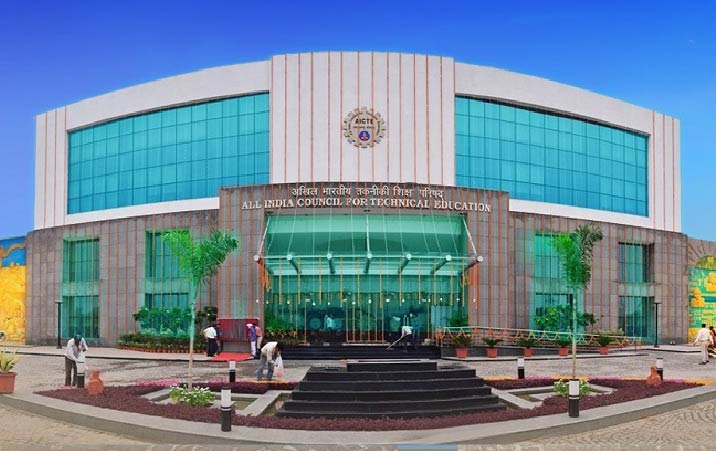Chennai:
At present, only the National Board of Accreditation (NBA) certified engineering colleges are allowed to start regional language division.
Quoting an internal AICTE notification, a senior official from the Higher Education Department said that as part of the New Education Policy (NEP), AICTE constituted the “Prem Vrat” committee to make recommendations in respect to higher and technical education. He said the panel in its report recommended that technical education can be taught in the regional language. According to the official, as the national level committee headed by the Secretary has also opined that technical education can be studied in the regional language medium, the panel has already suggested to IITs and NITs to consider starting courses in regional languages, wherever feasible, without compromising quality.
He said the eligible institutes can add regional language division in the program in which the NBA program accreditation exists as per their choice.“Similarly, universities were asked to make such provision in their statute through Senate or Syndicate or Academic Council or Executive committee to begin higher education, including technical education, in regional languages,” he said, adding, “Initially, the institutes providing quality education should be considered for starting courses on regional languages following intake and the total number of courses approval from AICTE.
Pointing out that the Centre’s initiative will encourage students from remote and tribal areas to aspire and learn in their mother tongue, the official said, “However, institutions should also make arrangements for compulsory English language graded course to let the students get accustomed and proficient in English as well.” “By the time students complete graduation in the regional language, they will be better trained in English,” he added.
The official said that AICTE has already initiated the process by asking HEIs to translate English language textbooks, courses, reading and learning material in the regional languages. “Translated work is expected to empower students and provide a more enabling environment to pursue higher education,” he said.
Courtesy- DTNEXT








